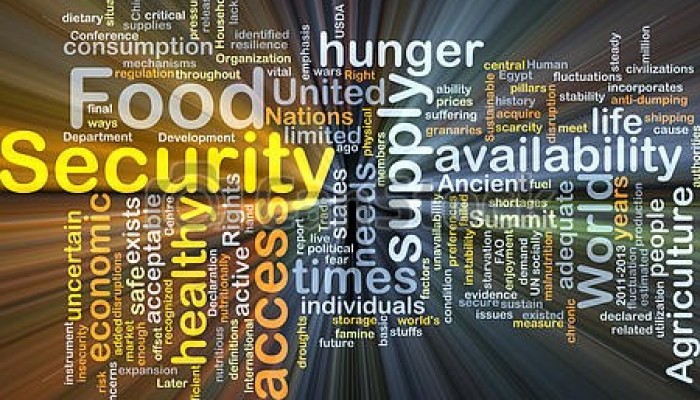
Apr
Bunyoro-Tooro Students Association Participate in Games to Mark Their Sports Day
April 23, 2024, 8:32 am
 Rebecca Nabejja
Rebecca Nabejja

KIU, Main Campus - On Tuesday 19th May 2020, the UN World Food Programme (WFP) released a report titled "Impact of COVID-19 on Supply Chains, Regional Trade, Markets and Food Security in East Africa". The report stated that the population of hungry citizens in the East and Horn of African region could double in the next three months as the COVID-19 pandemic, combined with climatic shocks, impact negatively on food production systems.
The report estimated that 34 to 43 million people in the region are at risk of hunger and malnutrition amid socio-economic disruptions prompted by the viral respiratory disease. It also stated that the COVID-19 pandemic could very well turn into a hunger pandemic without a concerted effort to contain the evolving livelihood and food security crisis.
The UN agency stated that due to the disruptions to agricultural value chains, households in urban informal settlements and refugees are likely to suffer food shortage more severely.
WFP Regional Director, Brenda Behan said that COVID-19 could escalate deaths linked to poverty, hunger and malnutrition as it has already disrupted livelihoods of communities across the greater horn of the African region.
"More people are expected to die from the socio-economic impact of COVID-19 than the virus itself, and refugees and the urban poor across the region are at greatest risk," said Behan.
The WFP report also urges countries in East and the Horn of Africa to brace for food-deficit linked to anti-COVID-19 containment measures like restricted movements as well as price hikes on key staples like maize, wheat and rice.
Picture credit: Can Stock
Kampala International University,
Box 20000, Ggaba Road, Kansanga, Kampala